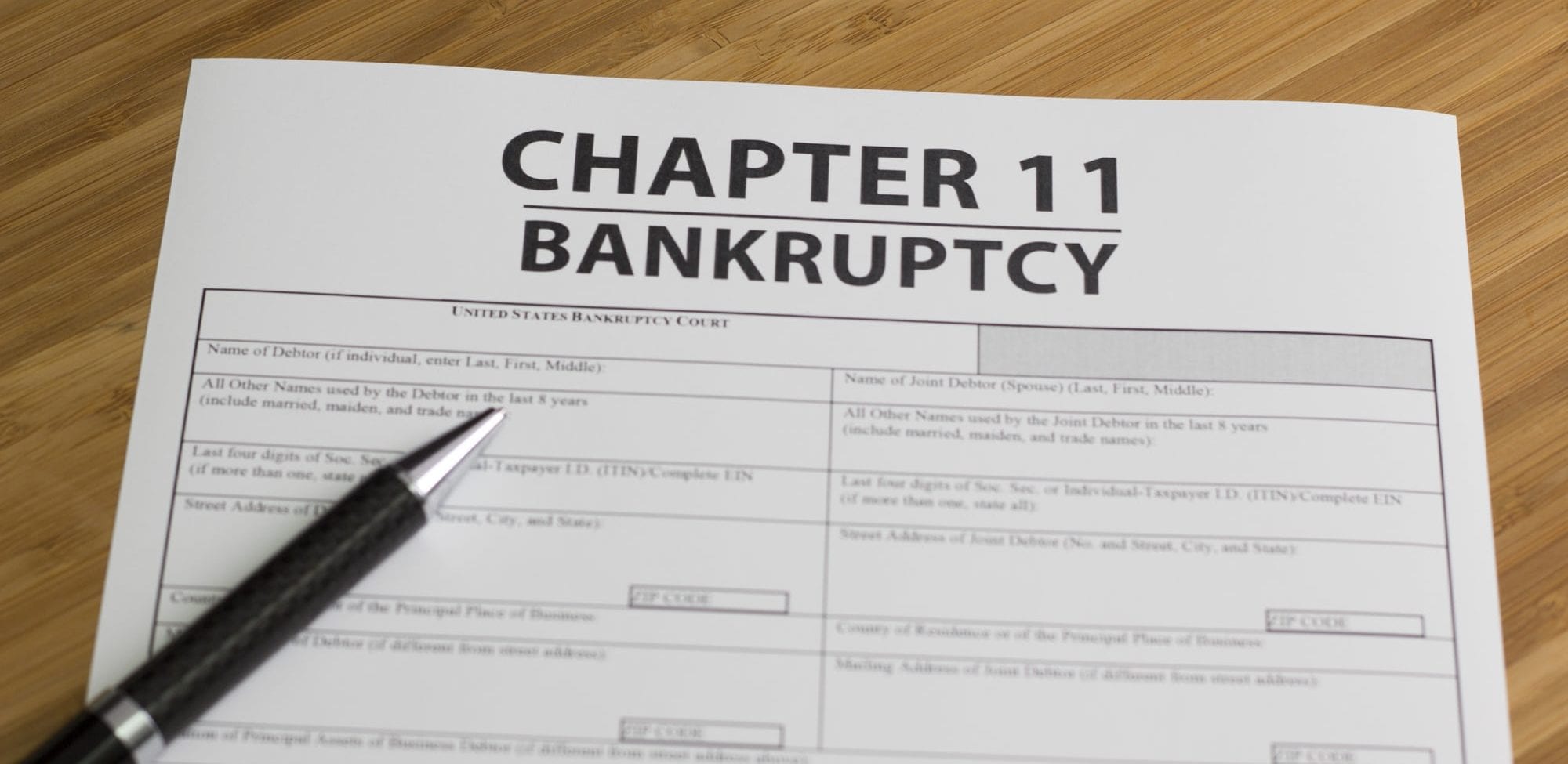If you’ve ever wondered why the term “insolvency” is used in the world of finance and law, you’re not alone. This concept carries significant weight in the legal and financial realms, and understanding its origins and implications is crucial. In this article, we will delve into the meaning of insolvency, its historical roots, and its relevance in modern times.
Understanding Insolvency
Insolvency is a term that refers to the financial state of an individual or entity when their liabilities exceed their assets. In simpler terms, it signifies an inability to meet financial obligations when they become due. This can result from various factors, such as excessive debt, mismanagement of finances, or economic downturns.
The Historical Origins of Insolvency
To comprehend why it’s called insolvency, we need to journey back in time. The term “insolvency” has its roots in Latin, derived from the word “insolvēns,” which is a combination of “in” (not) and “solvere” (to pay). In essence, it means “not able to pay.”
The concept of insolvency has been part of human society for centuries, dating back to ancient civilizations. In Roman law, for instance, insolvency was a recognized issue with defined legal consequences. Those who couldn’t meet their financial obligations often faced severe penalties, including imprisonment and loss of property. This historical context highlights the gravity of insolvency and the importance of addressing it effectively.
Modern Interpretations of Insolvency
In modern legal and financial systems, insolvency plays a critical role. It serves as the basis for bankruptcy proceedings, debt restructuring, and various legal mechanisms designed to protect the rights of both debtors and creditors. When an individual or business is declared insolvent, it triggers a complex set of procedures to resolve the financial situation.
Bankruptcy: An Essential Component of Insolvency
Bankruptcy is a legal process associated with insolvency. When someone is declared bankrupt, it means that their financial situation has reached a point where they are unable to meet their financial obligations. Bankruptcy proceedings provide a structured way to address insolvency, allowing the debtor to seek relief from their debts and enabling creditors to recover what they can.
Why is it Called Insolvency and Not Bankruptcy?
The choice of the term “insolvency” over “bankruptcy” is not arbitrary. The use of “insolvency” is broader and more encompassing. It signifies a financial state where one cannot pay their debts, encompassing situations both before and during bankruptcy proceedings. Insolvency is a fundamental concept, while bankruptcy is a legal process triggered by insolvency.
- What is the difference between insolvency and bankruptcy?
- Insolvency is the broader financial state where one cannot pay their debts when they become due. Bankruptcy, on the other hand, is a legal process initiated in response to insolvency.
- Is insolvency the same as being financially distressed?
- Not necessarily. Insolvency is a specific financial state, while financial distress is a broader term encompassing various financial challenges. One can be financially distressed without being insolvent.
- What are the legal consequences of insolvency?
- Insolvency can lead to legal actions such as bankruptcy, debt restructuring, or the sale of assets to repay creditors. The specific consequences depend on the jurisdiction and the nature of the insolvency.
- Can a business be insolvent and continue to operate?
- Yes, it is possible for a business to be insolvent and continue operating, especially if there is a plan in place to address the insolvency, such as debt restructuring.
Conclusion
The term “insolvency” has a rich historical lineage, with its roots in Latin and its relevance in today’s legal and financial systems. Understanding why it’s called insolvency rather than bankruptcy is essential for anyone dealing with financial matters. Insolvency is a fundamental concept that underpins the legal processes aimed at addressing financial distress and ensuring equitable treatment for debtors and creditors. Whether you’re an individual facing financial challenges or a business owner navigating financial difficulties, knowing the implications of insolvency is crucial for making informed decisions and seeking appropriate solutions.







